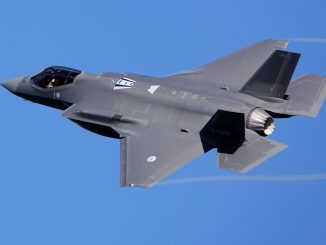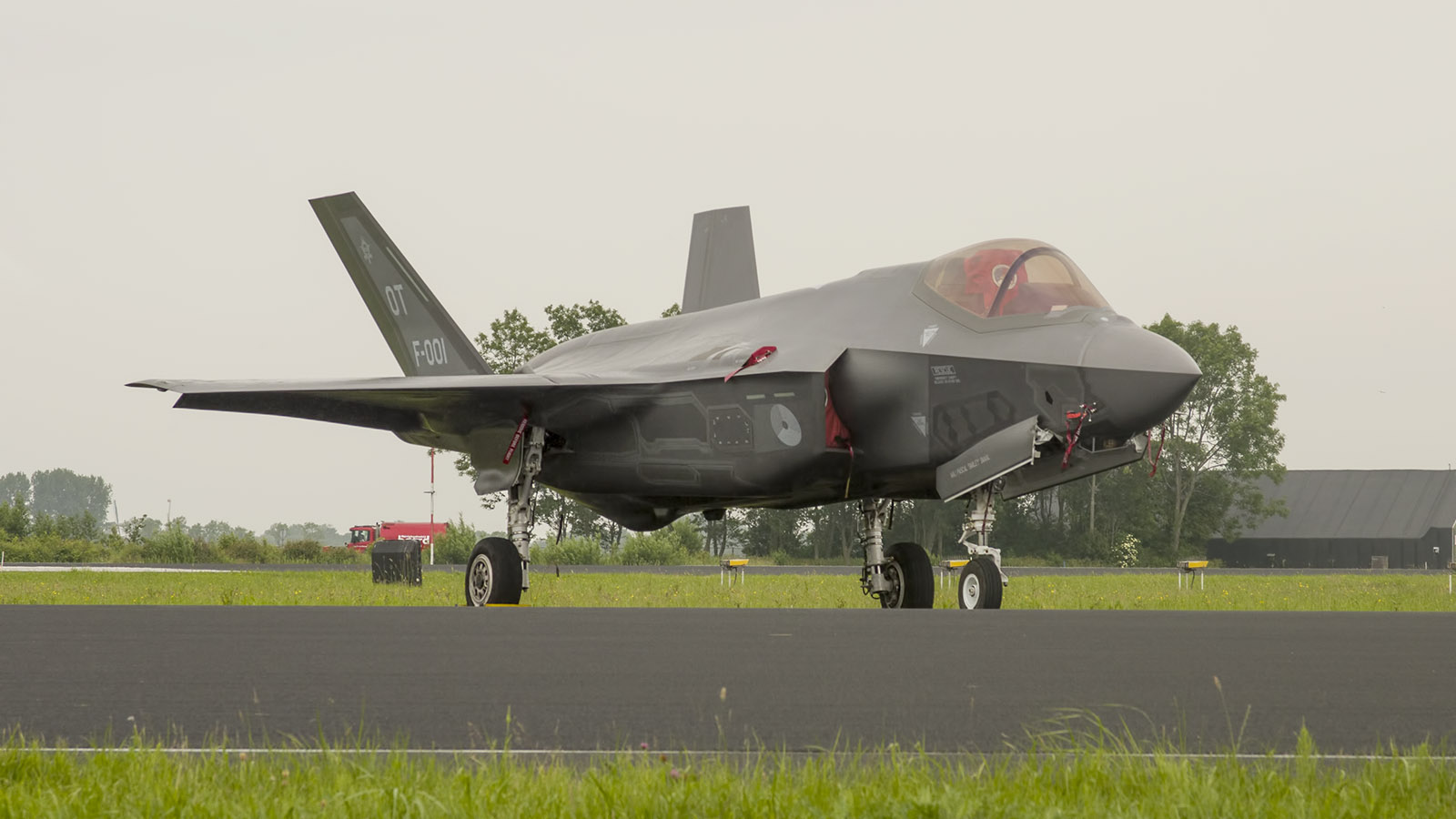
Ramstein Flag 2025 (RAFL25) was NATO’s premier multi-domain tactical air exercise, held from March 31 to April 11, 2025, with Leeuwarden Air Base in the Netherlands serving as the central hub. The exercise brought together over 2,000 personnel and more than 90 aircraft from 15 Allied nations, operating across 12 air bases throughout Europe.

Objectives and Training Focus
RAFL25 aimed to enhance NATO’s readiness and interoperability through realistic, high-intensity training scenarios. Key focus areas included:
- Agile Combat Employment (ACE): Practicing rapid deployment and flexible operations across dispersed locations.
- Integrated Air and Missile Defense (IAMD): Coordinating defense strategies against aerial and missile threats.
- Counter Anti-Access/Area Denial (C-A2/AD): Developing tactics to overcome adversary attempts to restrict access to key regions.
- Multi-Domain Operations: Integrating air, space, cyber, and electronic warfare capabilities to achieve air superiority.

Notable Activities and Achievements
- First Turkish KC-135R Refueling of F-35s: A Turkish Air Force KC-135R tanker ( from RAF Fairfordin the UK) successfully refueled Danish F-35s over the North Sea, marking a significant milestone in NATO interoperability .
- Cross-National Aircraft Servicing: U.S. and Royal Netherlands Air Force F-35s were refueled and serviced by each other’s crews, demonstrating seamless cooperation and support capabilities .
- Diverse Aircraft Participation at Leeuwarden: The exercise featured a wide array of aircraft, including U.S. and Netherlands F-35A Lightning IIs, German Eurofighters, French Rafales, Greek F-16s, Swedish JAS 39 Gripens, and Finnish F/A-18C Hornets.

Strategic Significance
RAFL25 reinforced NATO’s commitment to collective defense and deterrence. General James Hecker, Commander of U.S. Air Forces in Europe – Air Forces Africa and NATO Allied Air Command, emphasized the exercise’s role in adapting and evolving to deter potential threats across the Euro-Atlantic region . Lieutenant General André Steur of the Royal Netherlands Air Force highlighted the strength derived from such integrated training exercises, enabling forces to interconnect effectively and respond cohesively to challenges.

detailed summary of Ramstein Flag 2025:
- Scope & Coordination: It was NATO’s largest-ever live-fly tactical air exercise, with over 90 aircraft from 15 nations, operating from multiple bases. Leeuwarden Air Base acted as the central hub for operations and logistics.
- Operational Highlights:
- Simulated real-time threats including denied communications, contested airspace, and electronic warfare.
- Executed integrated missions: fighter sweeps, refueling, suppression of enemy air defenses, and close air support.
- Included nighttime missions and complex multi-aircraft formations.
- Participating Aircraft:
- U.S. F-35As, KC-135R Stratotankers
- RAF Typhoons
- German Eurofighters
- French Rafales
- Turkish and Greek F-16s
- Swedish Gripens
- Finnish F/A-18s
- NATO E-3 AWACS
- First-Time Milestones:
- Turkish KC-135 refueling of Danish F-35s
- Cross-national servicing of aircraft (e.g., Dutch crews maintaining U.S. F-35s)
- Strategic Outcomes:
- Strengthened multinational command coordination
- Validated Agile Combat Employment (ACE) principles
- Practiced interoperability under simulated combat stress


















